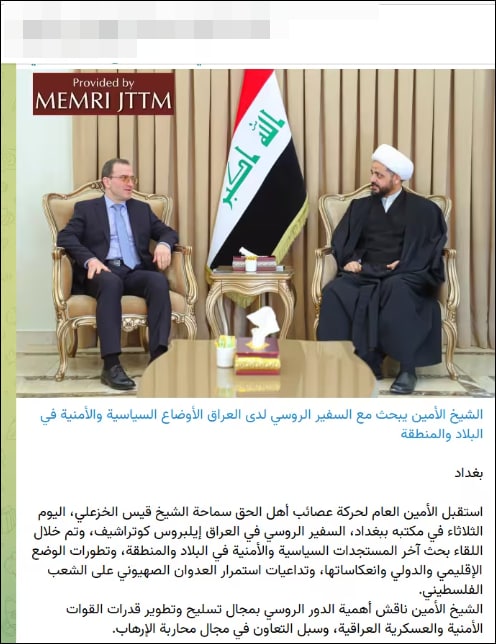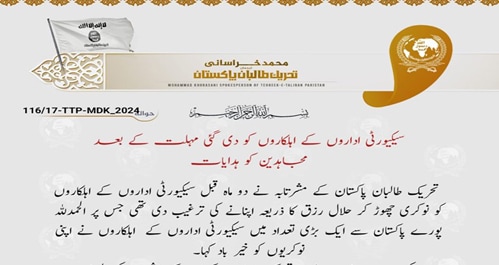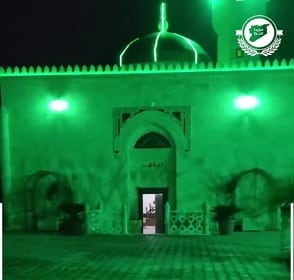The following report is now a complimentary offering from MEMRI's Jihad and Terrorism Threat Monitor (JTTM). For JTTM subscription information, click here.
On February 20, 2024, the media office of Qais Al-Khazali, the Secretary-General of the Iran-backed Iraqi militia Asa'ib Ahl Al-Haq (AHH) issued a statement highlighting a same day meeting between him and Elbrus Kutrashev, the Russian Ambassador to Iraq.[1]
During the meeting, said the statement, both sides discussed the latest regional developments "and the repercussions of the ongoing Zionist aggression against the Palestinian people".
Al-Khazali further discussed "the importance of the Russian role in the field of arming and developing the capabilities of the Iraqi security and military forces, and paths for cooperation in combating terrorism."
Meanwhile, the Russian Ambassador restated "his country's desire to strengthen bilateral relations."
Kutrashev has increasingly engaged with the leaders of Iran-backed militias in recent years, as the militias and their respective political parties have gained greater representation and influence in the Government of Iraq.
He held several meetings last year with Al-Khazali, who was designated in 2020 by the U.S. as a Specially Designated Global Terrorists (SDGT).[2]

[1] Telegram, February 20, 2024.
[2] See MEMRI JTTM report, Russia's Wartime Ties To Iran-Backed Designated Terrorist Groups Threaten Regional Security, U.S. Interests In Middle East,, June 9, 2023.
The full text of this post is available to subscribers.
Please login or register to request subscription information from MEMRI






